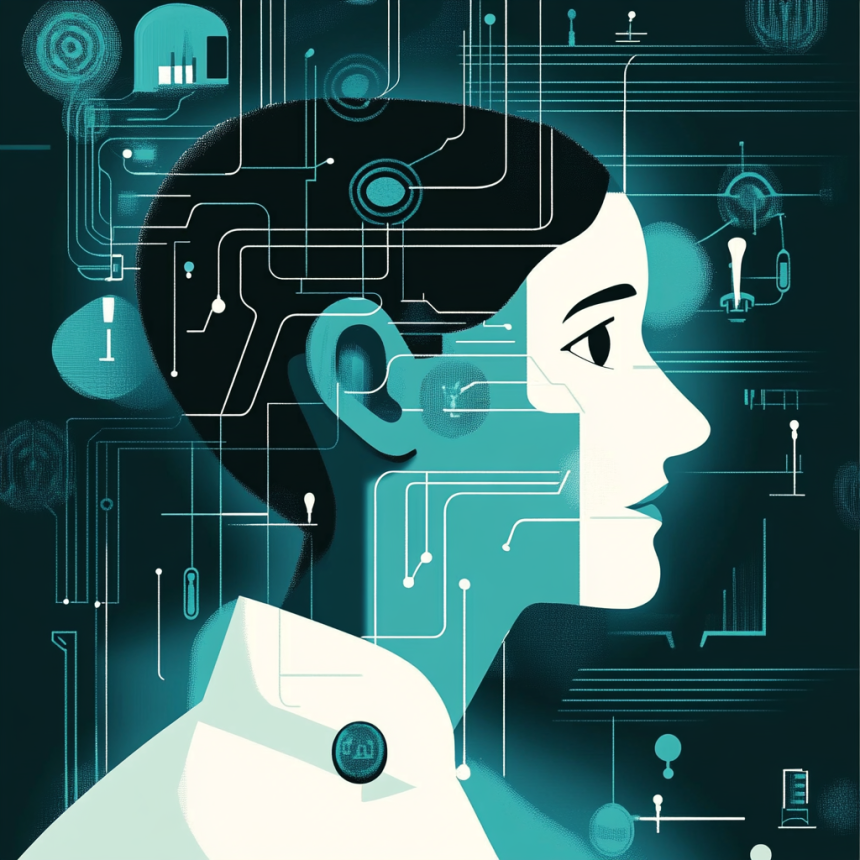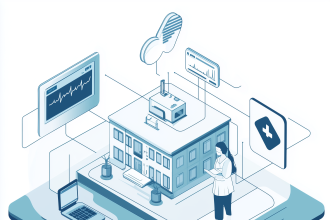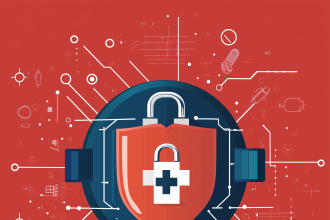As first reported by TechTarget, healthcare organizations are increasingly turning to artificial intelligence to bolster cybersecurity defenses, particularly in digital identity verification. The Health Information Sharing and Analysis Center (H-ISAC) highlights that while cyber adversaries use AI to launch advanced phishing and deepfake attacks, defenders can harness AI to detect fraud, verify identities, and prevent breaches.
By analyzing security features on identity documents and monitoring IP addresses and device data, AI tools can identify fake or stolen identities—an urgent need as hostile actors exploit stolen credentials to infiltrate healthcare systems.
Beyond identity verification, AI plays a critical role in automating identity governance and administration (IGA), a complex and time-intensive process in healthcare due to the vast number of users with varied access privileges. AI streamlines periodic identity certifications, manages access protocols, and ensures compliance with stringent healthcare regulations. This automation not only saves time but enhances security by reducing human error and promptly identifying anomalous behaviors that could signal insider threats or compromised accounts.
Furthermore, AI aids healthcare cybersecurity by detecting phishing emails and social engineering attempts that target call centers, which remain common vectors for cyberattacks. H-ISAC underscores that while attackers will continue to exploit AI for malicious purposes, the technology equally offers powerful tools for defense.
Ultimately, AI is set to become an indispensable ally in protecting sensitive healthcare data and critical infrastructure from increasingly sophisticated cyber threats.





